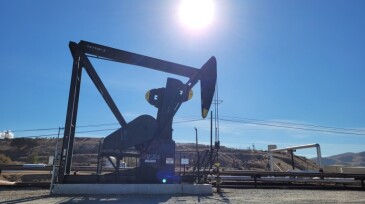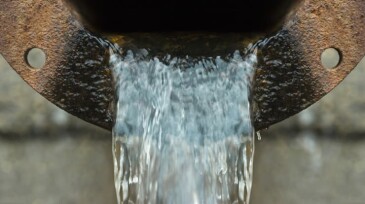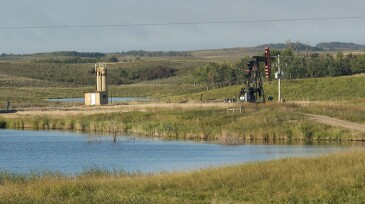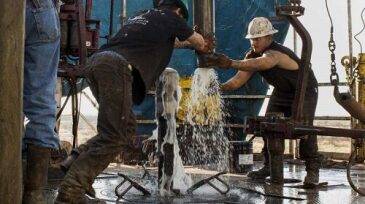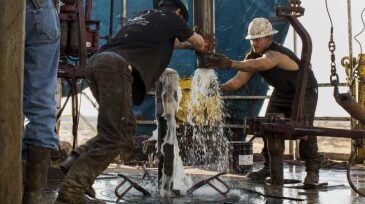wastewater
-
A California appellate court has ruled against a Monterey County ban on new oil and gas wells, possibly paving the way for Chevron and a bevy of smaller oil companies to begin drilling new wells.
-
Water Research Australia says the project aims to “address the challenge of water scarcity in the process of hydrogen production.”
-
Acknowledging the necessity to better understand treatment needs, economic challenges, and public health and environmental risks of industry’s waste water, the Texas Legislature recently passed Senate Bill 601, establishing a Texas Produced Water Consortium.
-
Oil drilling produces up to 10 gallons of water for every barrel of oil. While the Environmental Protection Agency has balked at allowing oil companies to treat drilling waste water and discharge it into streams, oil-rich states, including Texas, are moving forward with plans to permit it.
-
The report details information obtained during the EPA’s outreach to stakeholders. The information in the report will help the EPA determine whether any future actions are appropriate to address oil and gas extraction waste water further.
-
Three papers selected from 2018 SPE ATCE look at the challenges and approaches to the treatment of increasing volumes of produced water.
-
Volatile organic compounds (VOCs) present in crude oil can be released to the atmosphere from storage tanks, waste waters, and equipment leaks. A pilot-scale sequential biotrickling/biofiltration unit was designed and tested for removal of VOCs from a wastewater sump.
-
Elevated concentrations of strontium, an element associated with oil and gas waste waters, have accumulated in the shells of freshwater mussels downstream from wastewater disposal sites, according to researchers from Penn State and Union College.
-
With concern growing that the underlying geology in the Permian Basin is reaching capacity for disposal wells, the Trump administration is examining whether to adjust decades-old federal clean-water regulations to allow drillers to discharge waste water directly into rivers and streams.
-
The US Environmental Protection Agency (EPA) is embarking on a new study that will take a holistic look at how the EPA, states, and stakeholders regulate and manage waste water from the oil and gas industry.

